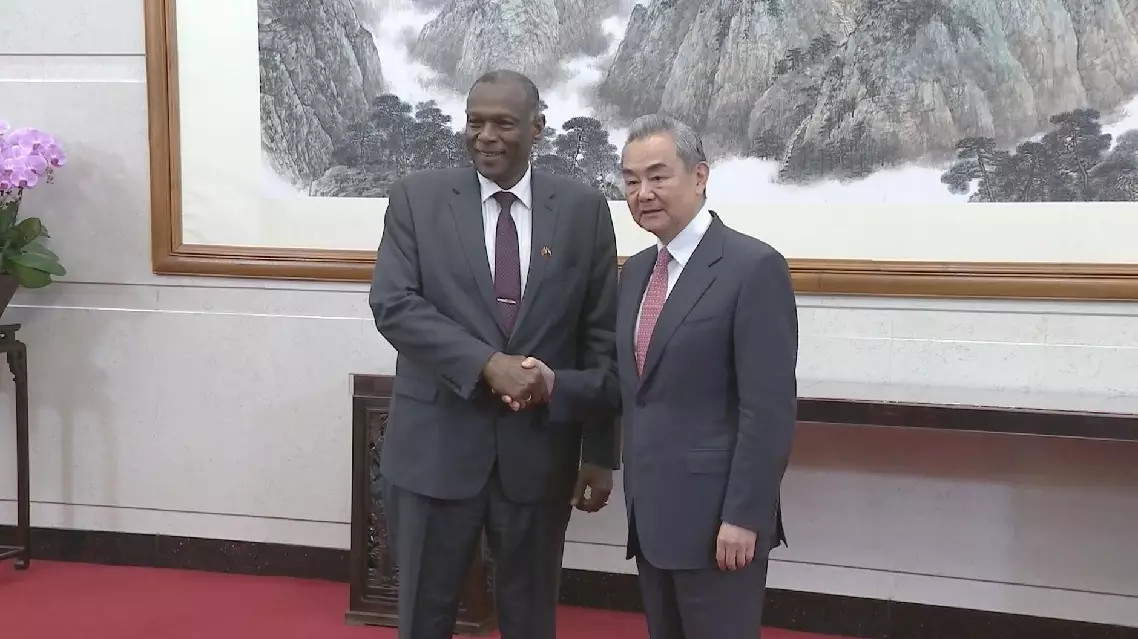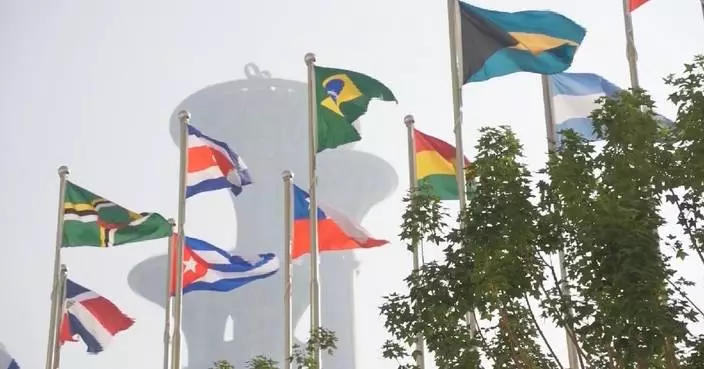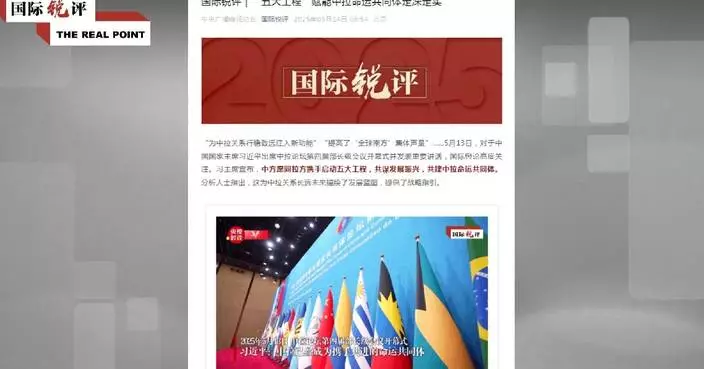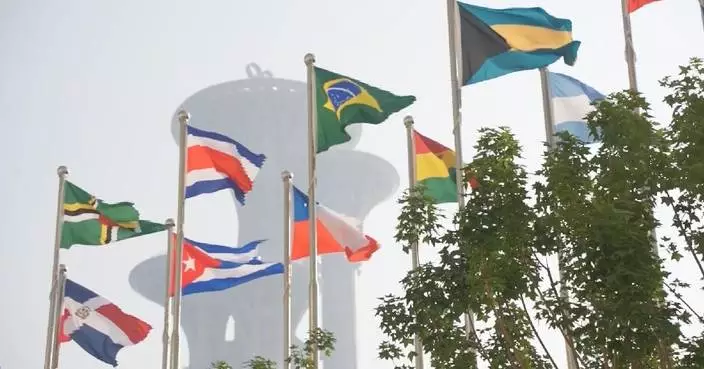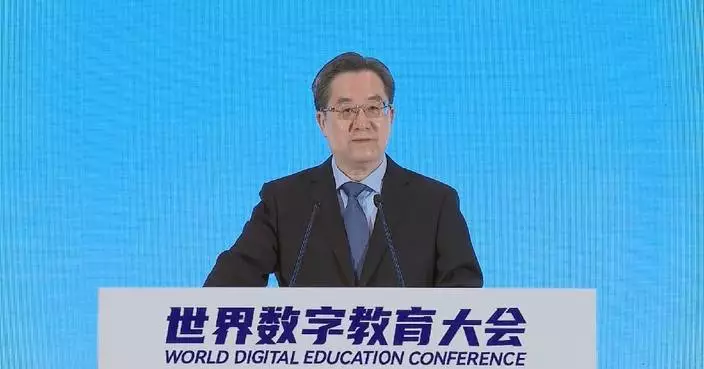Experts from China and Zambia emphasized the importance of localizing industrialization in the African country and expanding the continent's transport network through the revitalization of the TAZARA railway, because these factors are essential for achieving modernization in Zambia and other African countries.
China and Zambia held a ceremony on Tuesday to mark 60 years since the establishment of their diplomatic relations. The two countries are cooperating in various fields for decades.
Regarding how to promote the African country's modernization, Ye Hailin, dean of the China-Africa Institute under the Chinese Academy of Social Sciences, noted that localizing industrialization in Zambia is crucial. By focusing on "small and beautiful" livelihood projects that address the real needs of Zambian and African people, genuine modernization can be achieved and people's life improved.
"In my personal opinion, the most important thing for China-Zambia cooperation is that, in the industrialization process, we should encourage industrialization to be localized in Zambia to produce more products that match the demands of Zambian and African people. Also, I would like to re-emphasize one of the key words that President Xi [said when he] made a speech during the opening ceremony of the FOCAC Beijing Summit: we will encourage a thousand 'small and beautiful' projects to match the demands of the African people. This means that all modernization process, including industrialization process, should match the demands of the people. Not only in the general aspect, talking about how much we already match for trade volume or something like this. We should go into people's daily life. That's the point," said Ye.
Infrastructure construction has always played a major role in China-Africa industrial cooperation. In September, China, Zambia, and Tanzania signed an agreement to revitalize the decades-old China-aided TAZARA railway. Zambian international relations expert Njunga Mulikita emphasized the significance of this project, noting that the improved transport routes will enhance transportation in Eastern and Southern Africa and drive regional development.
"It's a very auspicious development. It's part of the Belt and Road Initiative. It also will be a catalyst for regional integration in Eastern and Southern Africa. It will enhance regional prosperity, African unity, so forth and so on. I think it was just last week that the Minister of Transport announced that Zambia, Burundi, and other countries were joining the Central Corridor facility. That's TAZARA, basically. This plan is very good. It's very auspicious for the region. Also, it is consistent with the African Continental Free Trade Area, that is all about linking the continent through transport corridors and transport routes, so forth and so on," said Mulikita.

Experts emphasize localized industrialization, railway revitalization in China-Zambia cooperation



